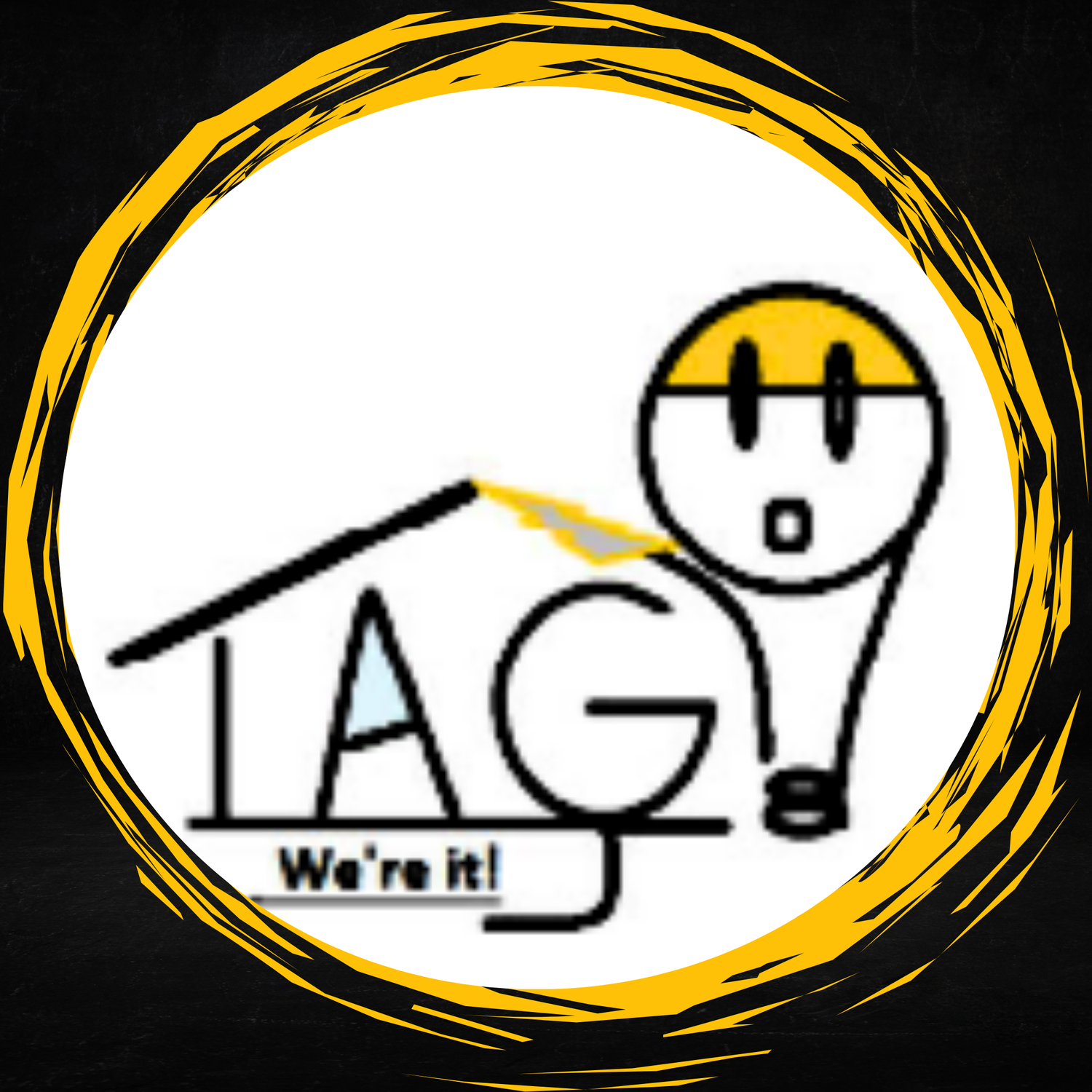Prioritizing Safety: A Guide to Electrical Safety at Home
When it comes to electrical work, safety should always be the number one priority. Whether you're a seasoned DIY enthusiast or considering hiring a professional electrician, understanding and implementing safety measures is crucial. In this blog post, we'll explore some essential safety tips to ensure that electrical projects are completed without compromising your well-being.
Knowledge is Power: Before embarking on any electrical project, educate yourself about the basics of electrical systems and safety procedures. Understanding the fundamentals will empower you to make informed decisions and reduce the risk of accidents.
Hire a Licensed Professional: While many electrical tasks might seem straightforward, it's often best to leave them to the experts. A licensed electrician brings years of experience and training, ensuring that work is completed safely and up to code. Don't hesitate to seek professional help for more complex projects.
Inspect Tools and Equipment: Before starting any project, thoroughly inspect your tools and equipment. Ensure they are in good working condition, without frayed cords or damaged insulation. Faulty tools can lead to accidents and injuries.
Turn Off the Power: Always turn off the power at the circuit breaker or fuse box before working on any electrical installation or repair. Confirm that the power is off using a reliable voltage tester to avoid the risk of electric shock.
Use Personal Protective Equipment (PPE): Wear the appropriate personal protective equipment, including safety glasses, insulated gloves, and non-conductive footwear. PPE serves as a vital layer of defense against potential electrical hazards.
Respect Overloaded Circuits: Avoid overloading circuits by plugging in too many devices. Overloading can lead to overheating and increase the risk of electrical fires. Distribute your electrical devices across multiple outlets to prevent this common safety hazard.
Proper Wiring Practices: Follow proper wiring practices to ensure a secure and reliable electrical installation. This includes using the right gauge of wire, securing connections with wire nuts, and avoiding the use of damaged wires.
Regular Maintenance: Periodically inspect your electrical system for signs of wear, aging, or damage. Replace or repair any faulty components promptly to prevent potential hazards. Regular maintenance is key to keeping your electrical system in top condition.
Emergency Preparedness: Know the location of your circuit breaker and how to shut off power in case of an emergency. Keep a fully stocked first aid kit nearby and have emergency contact information readily available.
In the world of electrical work, safety is non-negotiable. Whether you're a seasoned professional or a DIY enthusiast, following these safety tips will help you complete your electrical projects without compromising your well-being. Remember, it's always better to be safe than sorry.
